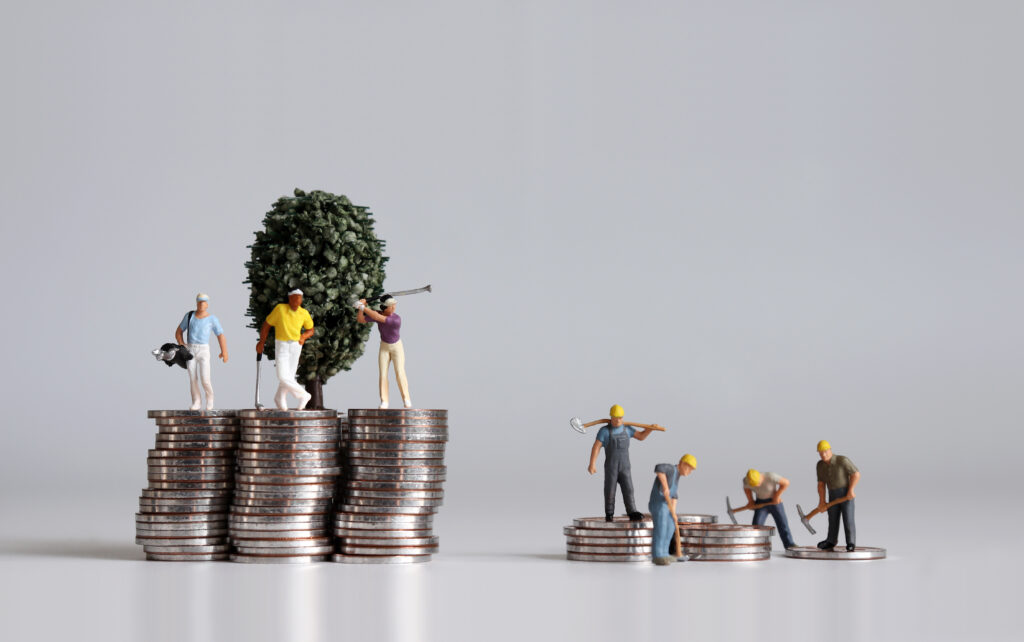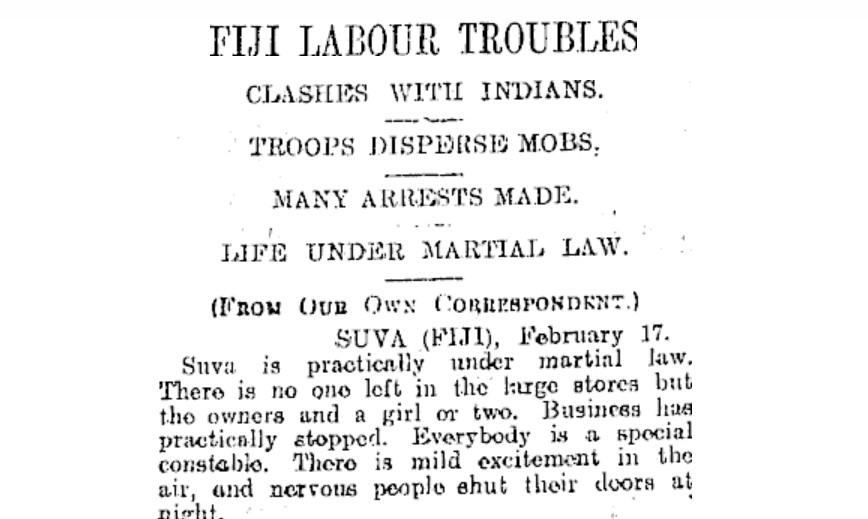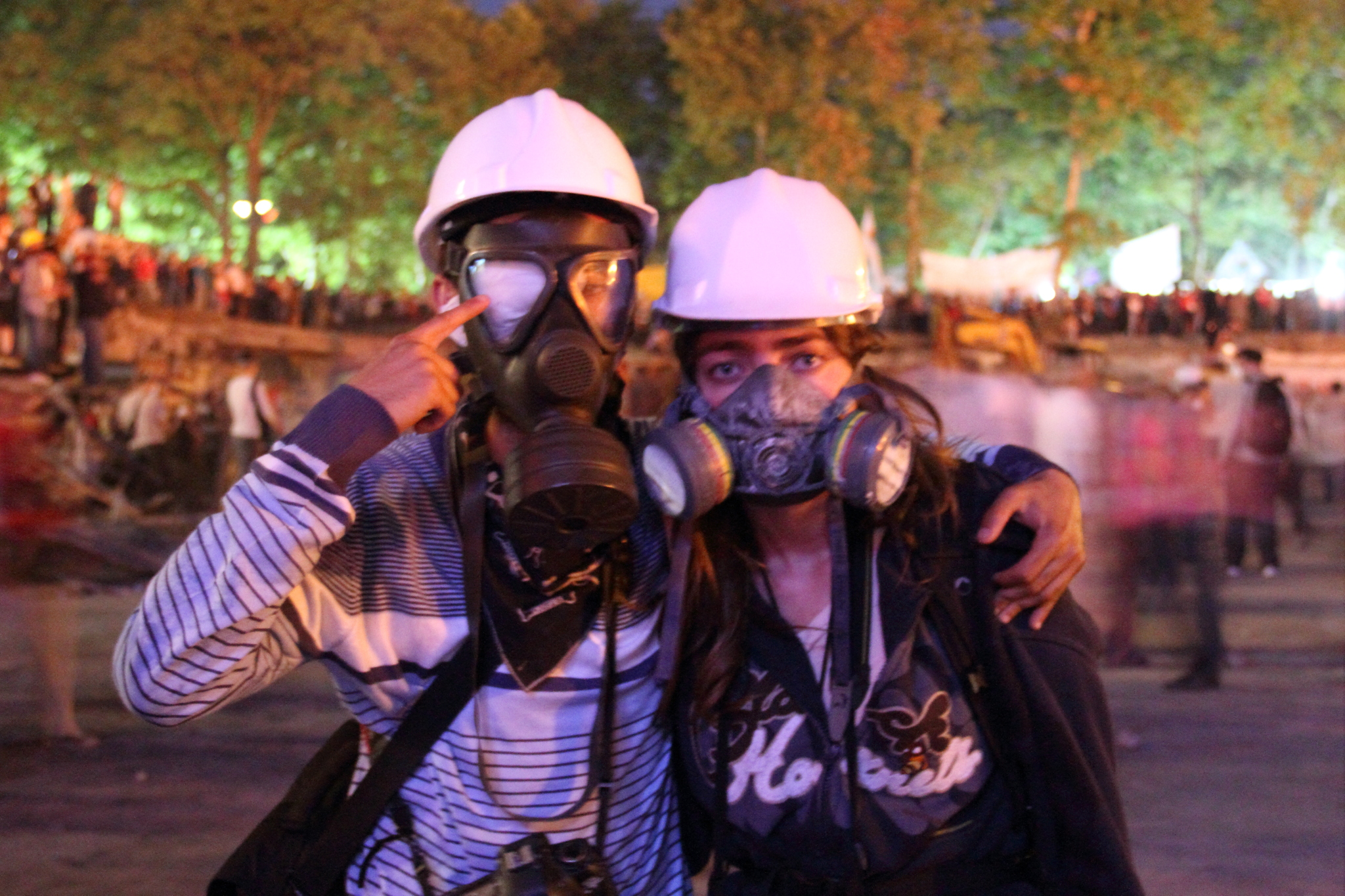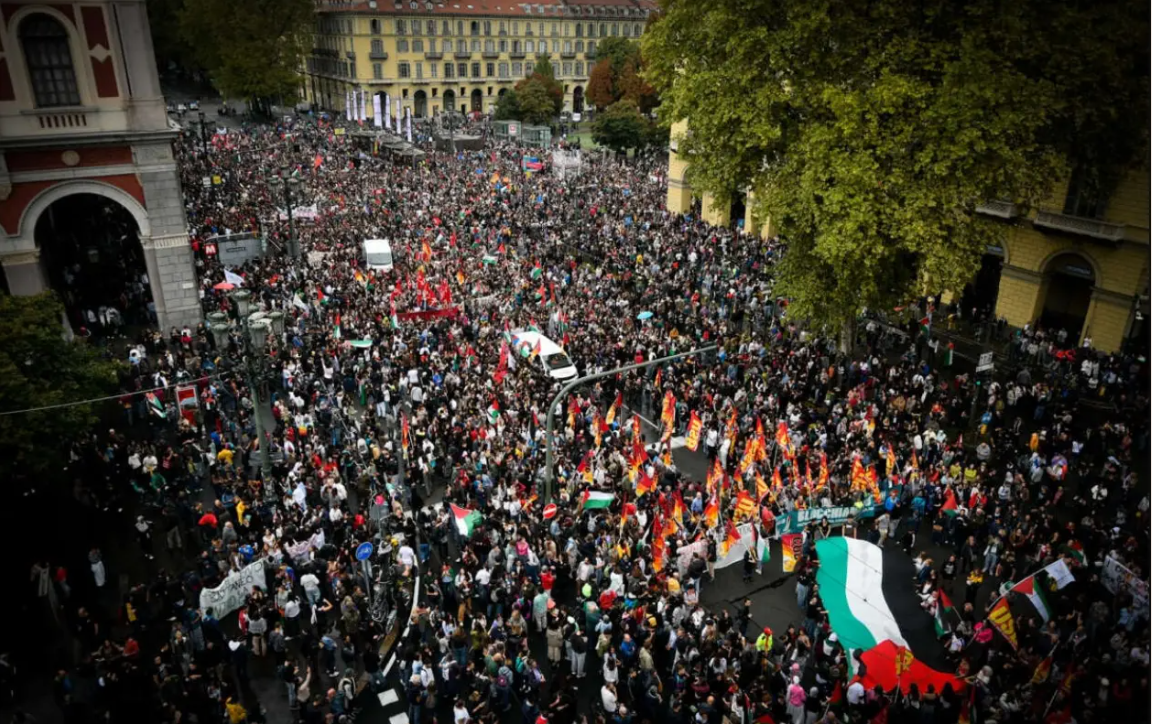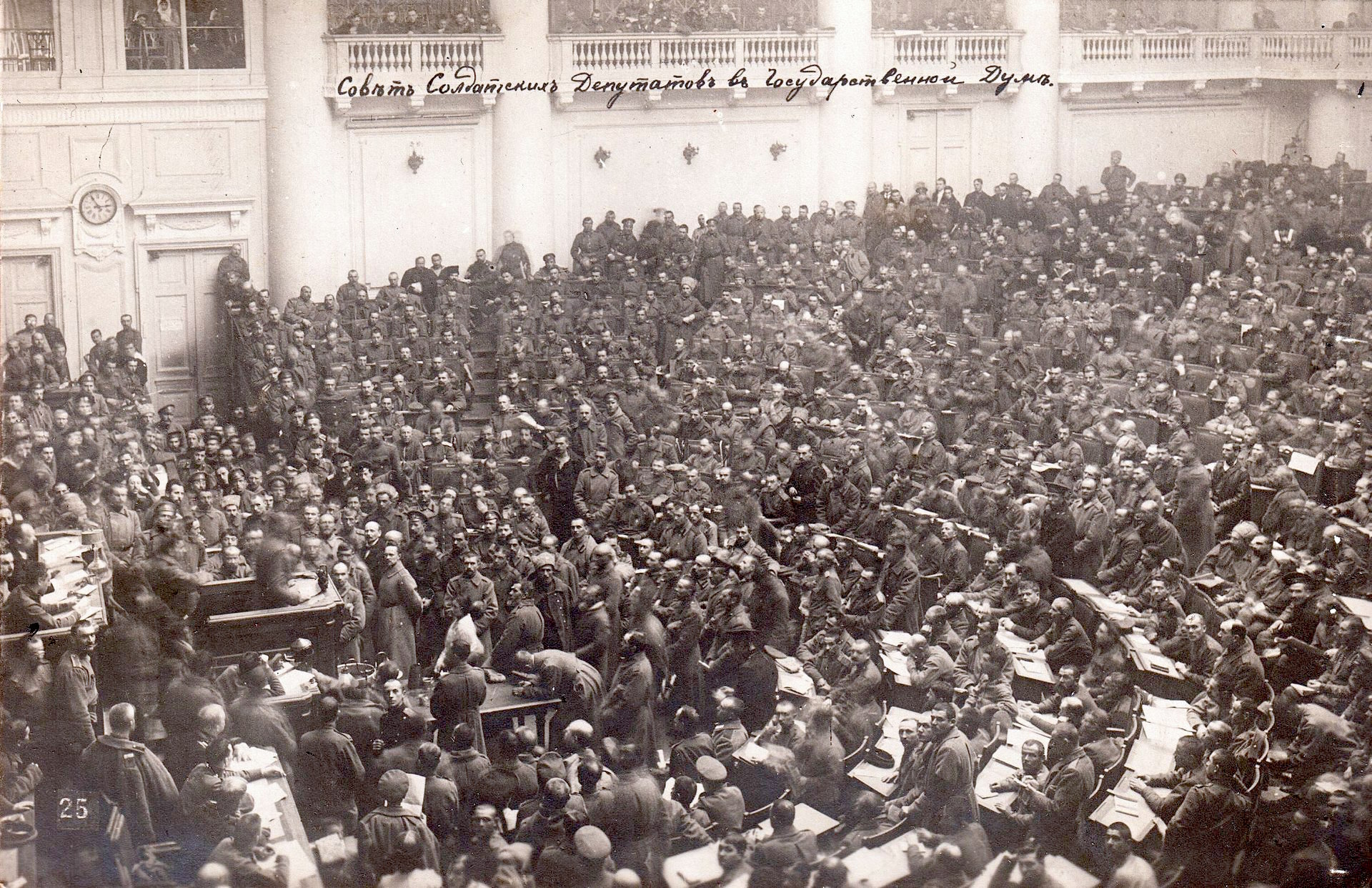When thinking of political decision making, images of politicians debating in the halls of parliament may come to mind. We’re taught by our schools, the media, and politicians themselves that the Beehive is where the important changes to our society are made. Sceptical of the world’s political leaders, there are some who resort to conspiracy theories of the Illuminati or aliens to try and explain who holds the real power in society. There is a simpler explanation: that power is held by a very real group of people – the capitalist class. Capitalists concentrate wealth in their hands and build their economic and political power, while ensuring that the system that enables this persists. That system, capitalism, is founded on theft from the working class. This is not the blatant stealing of cash from an employee’s wallet by a CEO, but a more devious form of theft that comes about through systemic exploitation.
Exploitation of one class by another has formed the basis for all historical class systems. Where ownership of people or farmland once determined one’s class, in the present day this is determined by one’s relationship to the means of production: the labour, resources and infrastructure required for producing goods and services. The capitalists who own or control these means have replaced slaveowners and feudal lords as the ruling class. The working class, who do not own or control these means, are forced to sell their labour to capitalists to earn a wage.
The Labour Theory of Value states that the human labour that goes into the production of any good or service is what gives it its value. Marx states in Capital, “The value of each commodity is determined by the quantity of labour expended on and materialised in it.” Humans are the singular source of new value in the production process, because it is only through work that materials can be changed into a new, more valuable commodity to be sold on the market. For example, a handful of coffee beans is turned into a cup of coffee through the exertion of work by a barista. The cup of coffee can then be sold at a higher price, and make a profit for the owner of the coffee shop.
Value cannot magically appear out of thin air. So where does this profit come from? Capitalists extract profit from the production process by paying the worker less than the value they create through their labour, with the capitalist keeping the difference. This difference, the unpaid labour, is described by Marx as surplus value. This process of extracting surplus value forms the fundamental exploitation upon which capitalism subsists. No matter how good the material conditions are for a worker, the fact remains that they are being exploited. This unjust economic system is normalised in society, leaving the working class stuck. Capitalism thereby creates a power imbalance between the exploiter and the exploited, where workers have no decision-making powers and must abide by whatever the boss dictates. The capitalist class is therefore responsible not only for the financial theft of surplus value from the working class, but also of their autonomy.
For capitalists to outcompete other capitalists and continue to profit, it is essential they repeatedly find ways to increase productivity and grow. They do this by reinvesting what they’ve “earned in profits” (i.e. exploited from the working class) back into production. Marx names this process of converting surplus value back into capital as accumulation. With the advances in technology that humans have achieved, increased efficiency and automation in the production process could be used to improve the working conditions of workers. Instead, this increased productivity benefits owners by increasing their ability to profit. This ongoing cycle of profiting, reinvesting, and profiting again and again is the driving force behind capitalism. Marx describes this unending drive in Capital: “Accumulation for accumulation’s sake, production for production’s sake.” Without constant growth, the capitalist loses to another better, bigger capitalist; therefore they must always be expanding, regardless of the cost to human rights or the environment.
Marx writes in Capital, “The more the capitalist has accumulated, the more is he able to accumulate.” Accumulation leads to the concentration of wealth in the hands of the biggest capitalists by design. It is unsurprising then, to see billionaires growing their wealth exponentially by trillions of dollars in a single year, while poverty levels have remained relatively consistent since 1990, as reported by Oxfam in Takers, Not Makers. This concentration of wealth is facilitated by the so called “free market”. Defenders of capitalism will argue that hard work is rewarded under the fair and legitimate competition that capitalism supposedly runs on. On the contrary, Oxfam reports that the top 1 percent owns 43 percent of all global financial assets, while more than a third of billionaires’ wealth is inherited. The rich get richer, not by merit, but by the sheer luck of being born to a family that has accumulated wealth through exploitation, colonialism, or environmental destruction.
The skewed distribution of power inherent in capitalism affects the working class both in the workplace and outside of it. By merely owning the means of production, the capitalist class holds power and influence over the state in matters of employment, primary sectors, health, education, utilities, and more. Workers are presented with an illusion of freedom, control, and the possibility of change through electoral politics. In reality, the state and the capitalist class are codependently intertwined, united in their function of maintaining the status quo. In Origin of the Family, Private Property, and the State, Engels describes the state as being “of the most powerful, economically ruling class, which by its means becomes also the politically ruling class, and so acquires new means of holding down and exploiting the oppressed class.” With capitalists’ fingers deep in the state’s affairs, growth and profit will always be prioritised above the needs of society or the democratic will of the people.
Conversely, in a socialist future, exploitation would be a relic of the past, with the workers forming the universal class: a class which does not want or rely on the theft of surplus from another group, and which acts in the interests of all those oppressed under capitalism. The flagrant destruction of the environment for money from oil, gas, and coal would be put to a swift end. Production would be driven by need, not profit, with workers using their labour for useful goods and services. Decision-making would be truly democratic in an egalitarian society.
Economic, social, and political issues cannot be separated when the current system is designed to steal economic, social, and therefore political power from the working class to benefit the ruling class. It is expected and inevitable that capitalists grow richer and more powerful through exploitation and accumulation. This concentration of wealth and control is capitalism functioning normally. With capitalists doing everything they can to continuously grow their money and power regardless of ethics or morals, it is only right that we as socialists make obvious the unjust nature of the economic system we currently live under, and take steps to undo the legitimation of the exploitation that affects us all.

